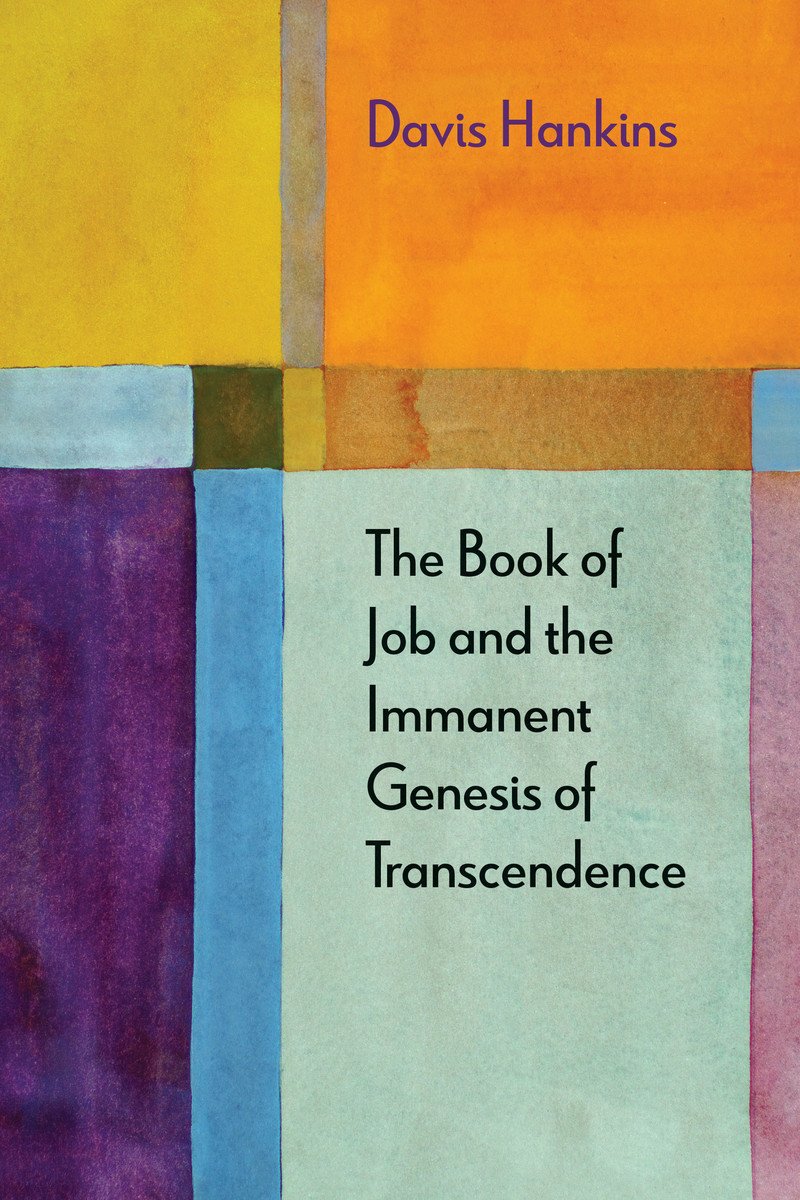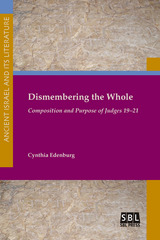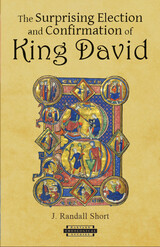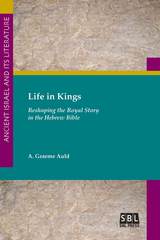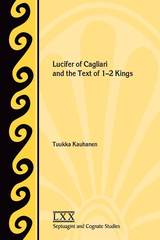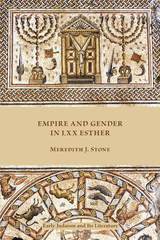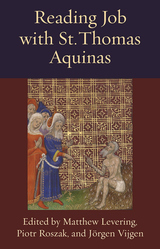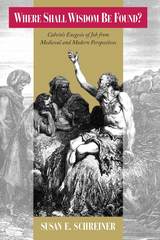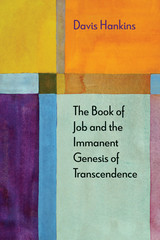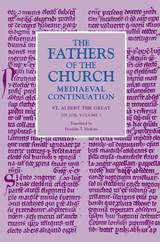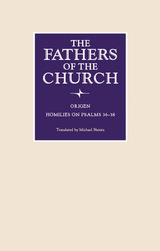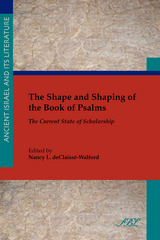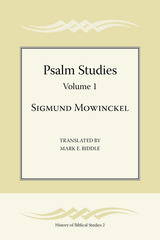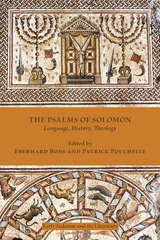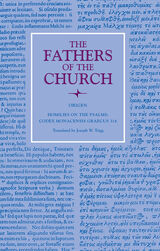The Book of Job and the Immanent Genesis of Transcendence
Northwestern University Press, 2015
Cloth: 978-0-8101-3012-8 | eISBN: 978-0-8101-6806-0 | Paper: 978-0-8101-3018-0
Library of Congress Classification BS1415.52.H36 2014
Dewey Decimal Classification 223.106
Cloth: 978-0-8101-3012-8 | eISBN: 978-0-8101-6806-0 | Paper: 978-0-8101-3018-0
Library of Congress Classification BS1415.52.H36 2014
Dewey Decimal Classification 223.106
ABOUT THIS BOOK | AUTHOR BIOGRAPHY | REVIEWS | TOC | REQUEST ACCESSIBLE FILE
ABOUT THIS BOOK
Winner of the 2017 Manfred Lautenschlaeger Award for Theological Promise
Recent philosophical reexaminations of sacred texts have focused almost exclusively on the Christian New Testament, and Paul in particular. The Book of Job and the Immanent Genesis of Transcendence revives the enduring philosophical relevance and political urgency of the book of Job and thus contributes to the recent “turn toward religion” among philosophers such as Slavoj Žižek and Alain Badiou.
Job is often understood to be a trite folktale about human limitation in the face of confounding and absolute transcendence. On the contrary, Hankins demonstrates that Job is a drama about the struggle to create a just and viable life in a material world that is ontologically incomplete and consequently open to radical, unpredictable transformation. Job’s abiding legacy for any future materialist theology becomes clear as Hankins analyzes Job’s dramatizations of a transcendence that is not externally opposed to but that emerges from an ontologically incomplete material world.
Job is often understood to be a trite folktale about human limitation in the face of confounding and absolute transcendence. On the contrary, Hankins demonstrates that Job is a drama about the struggle to create a just and viable life in a material world that is ontologically incomplete and consequently open to radical, unpredictable transformation. Job’s abiding legacy for any future materialist theology becomes clear as Hankins analyzes Job’s dramatizations of a transcendence that is not externally opposed to but that emerges from an ontologically incomplete material world.
See other books on: Book | Criticism, interpretation, etc | Job | Johnston, Adrian | Transcendence (Philosophy)
See other titles from Northwestern University Press
